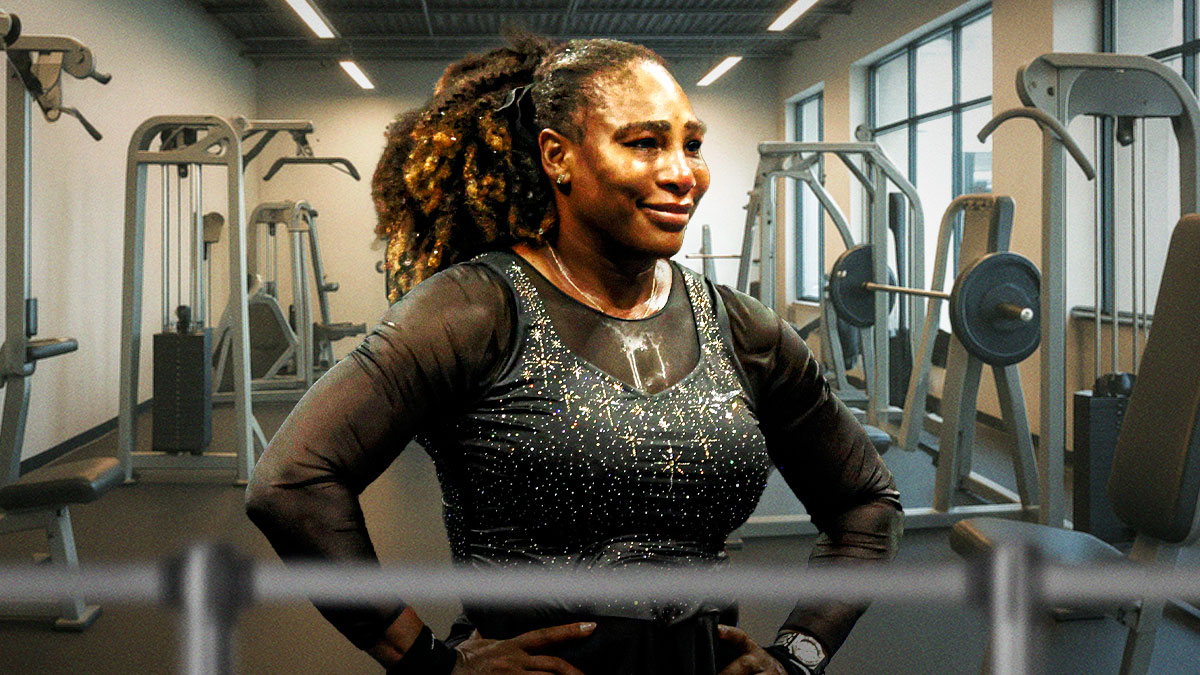It's not a secret Serena Williams has always been known for her discipline, her work ethic, and her refusal to take the easy way out. Yet in a candid new set of interviews, the tennis legend revealed that for the first time, she turned to medical support to reclaim her health, Complex reports.
Williams, now 43, spoke with Today, Vogue, and People about starting Zepbound, a GLP-1 medication prescribed through Ro, a direct-to-patient healthcare company. The decision came after years of frustration with her body after pregnancy. Despite strict training and diet, she said she could not reach the weight or physical condition she once knew.
“I had never taken shortcuts in my career and always worked really hard,” the 23-time Grand Slam champion said. “So it was very frustrating to do all the same things and never be able to change that number on the scale.”
A new approach to health
Williams’ challenges began after the birth of her first daughter, Olympia, in 2017, and intensified following the arrival of her second daughter, Adira, in 2023. She described early postpartum weight loss as temporary, with progress quickly stalling. That led her to research GLP-1s, a class of medications that impact satiety and are marketed under names like Ozempic, Mounjaro, and Zepbound.
After careful consideration and consultation with doctors, Williams began weekly injections earlier this year. The results, she says, have been transformative. She has lost more than 31 pounds, improved her blood sugar levels, and eased the knee pain that plagued her later in her career. “I feel light physically and light mentally,” she told People.
While acknowledging the controversy surrounding GLP-1s, Williams wants to help break the stigma. “A lot of people say, ‘Oh, lazy people do it,’” she said. “But sometimes you need help. Your story is your story, and it’s okay to make that choice.”
Now a celebrity ambassador for Ro, Williams stresses that she still leans on healthy eating, often relying on plant-based meals. She also highlights how health risks like diabetes disproportionately affect African Americans, making conversations about proactive care essential.
Serena Williams may have built her legacy on power and perseverance, but her latest chapter is about giving herself permission to get help and showing others that strength can also mean trying something new.

















